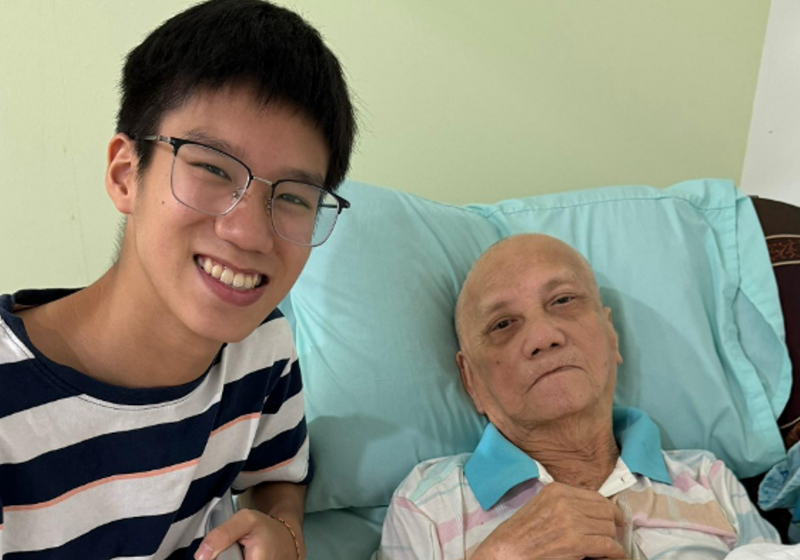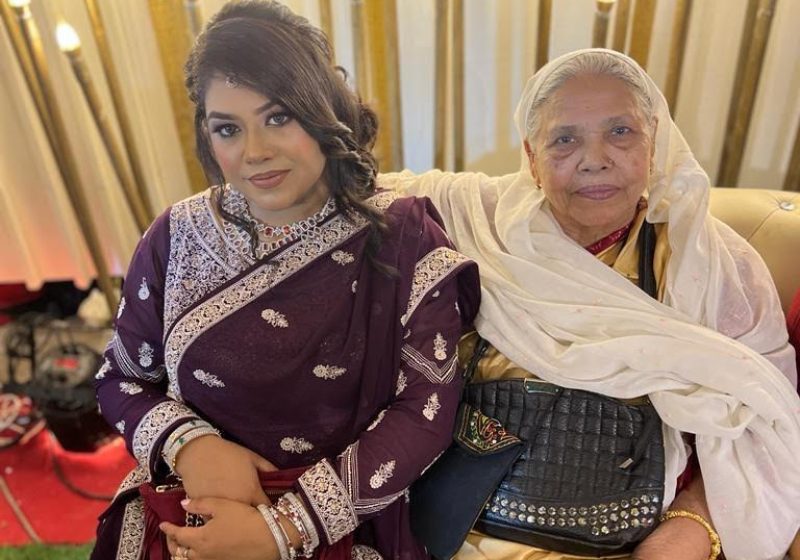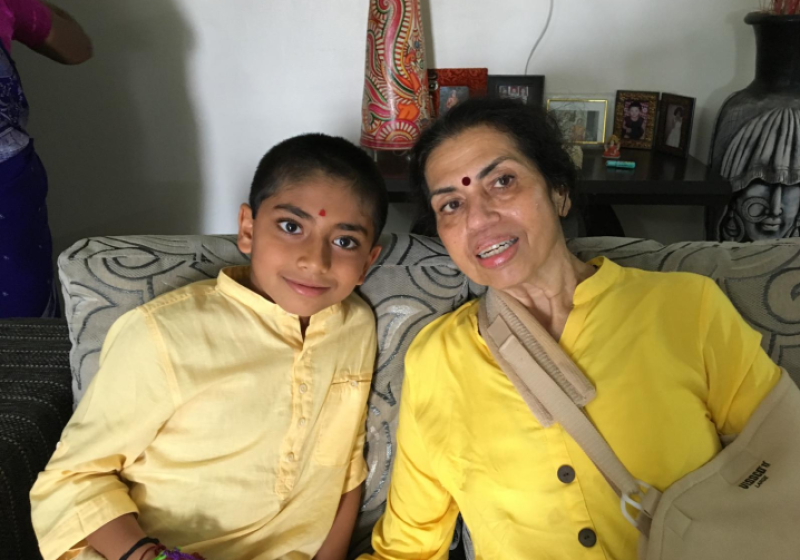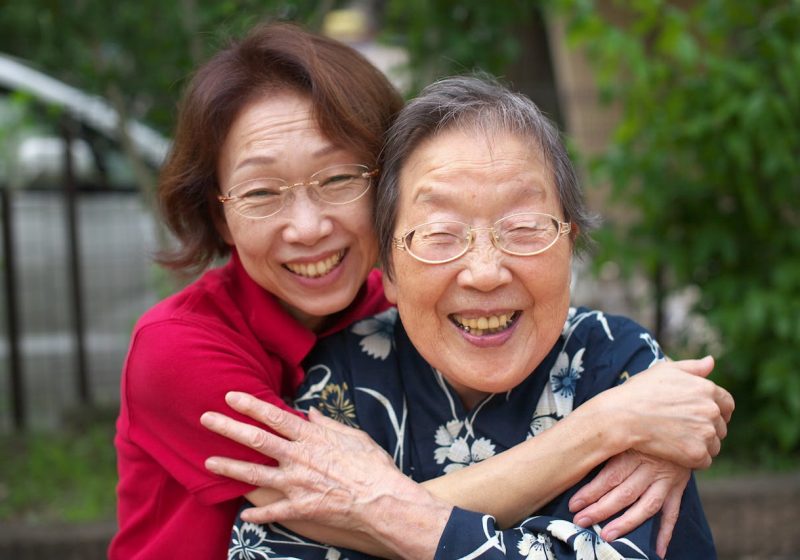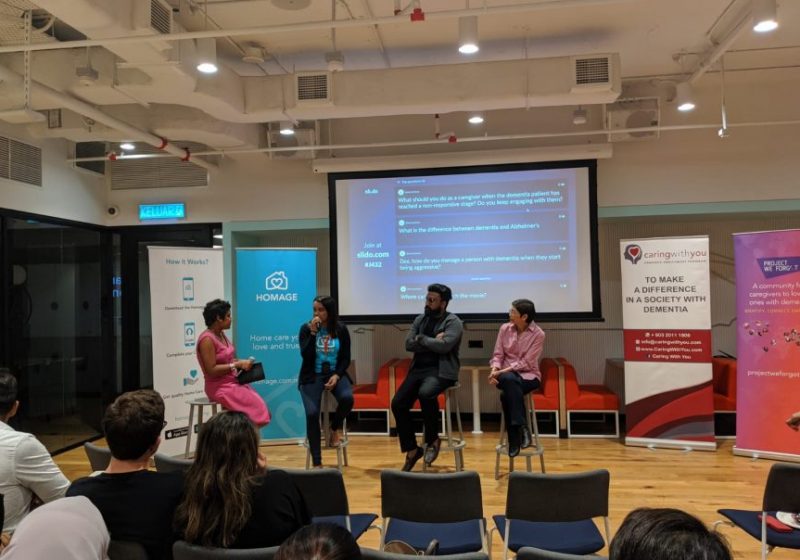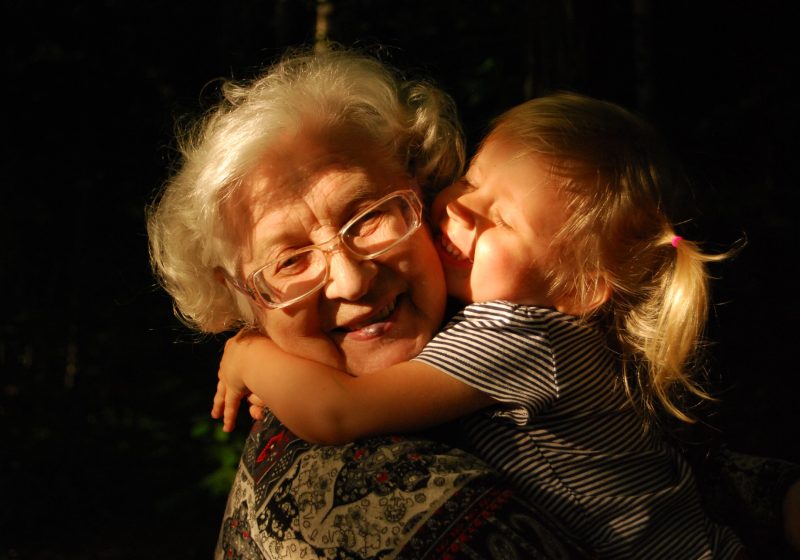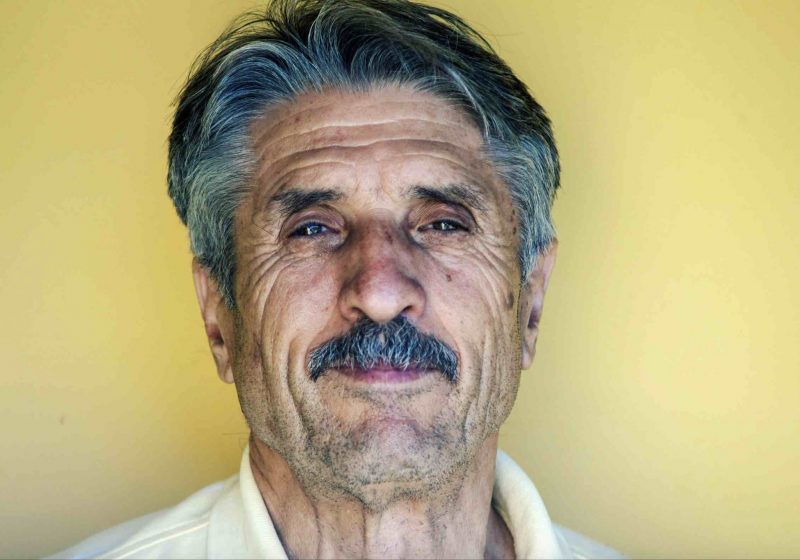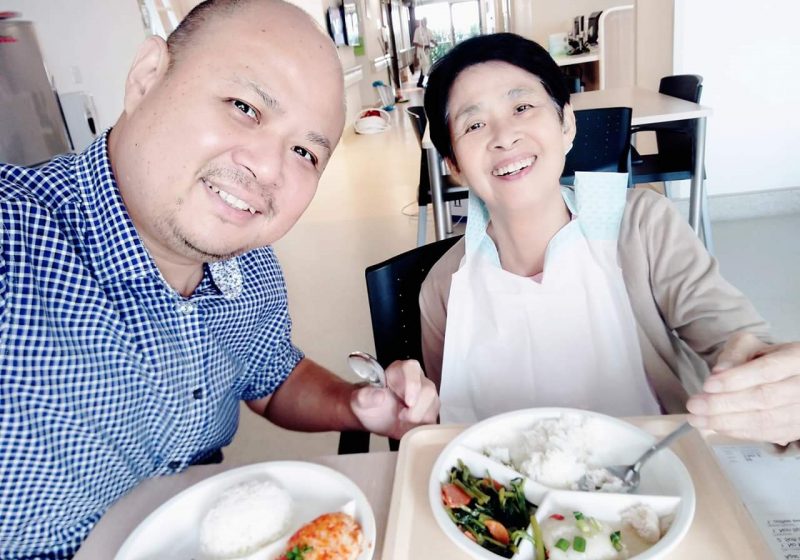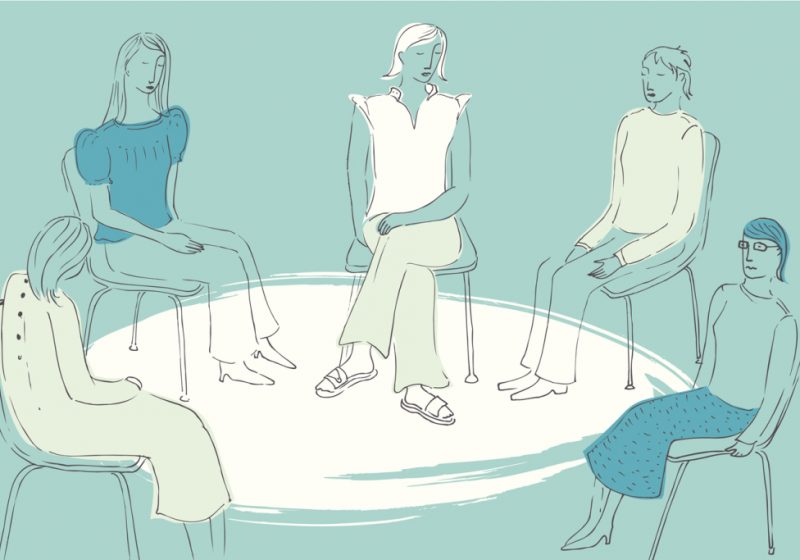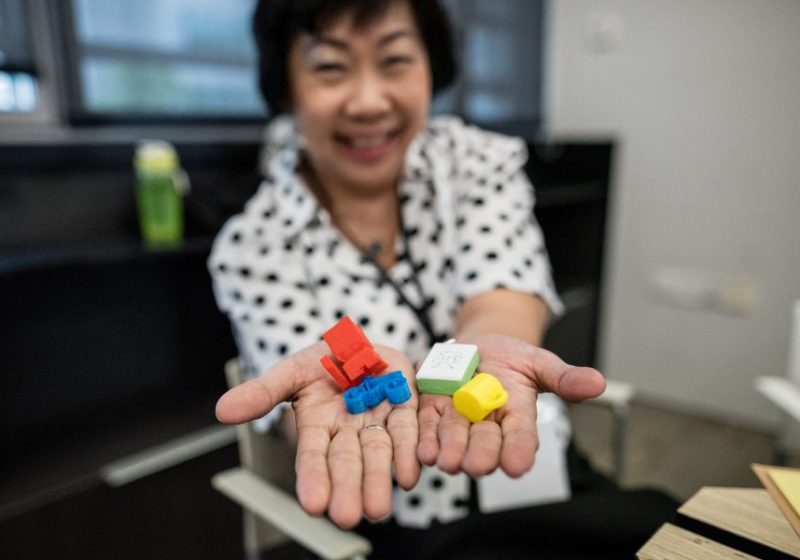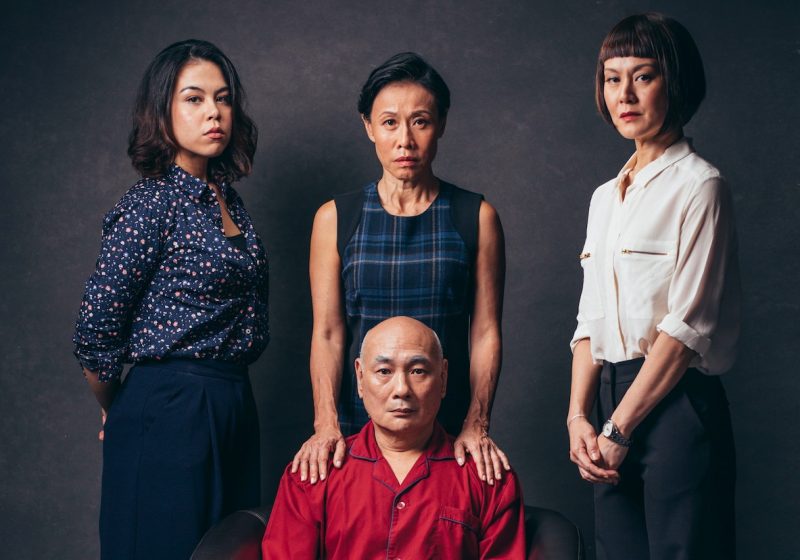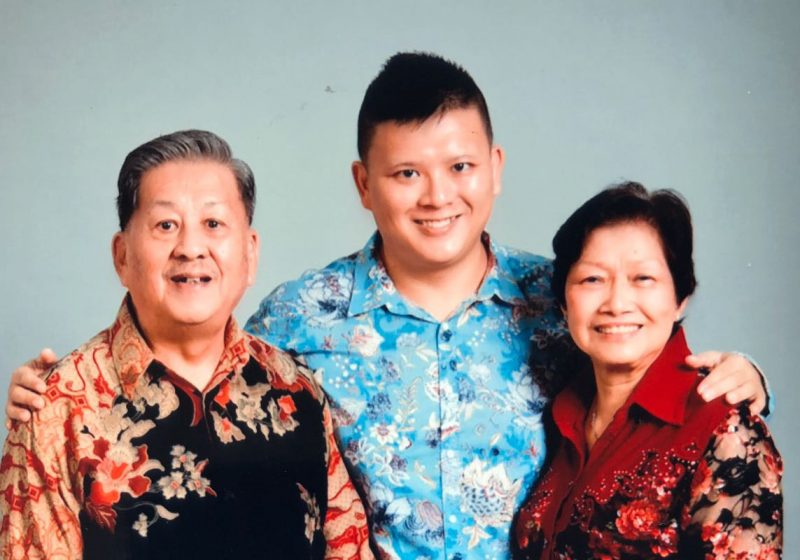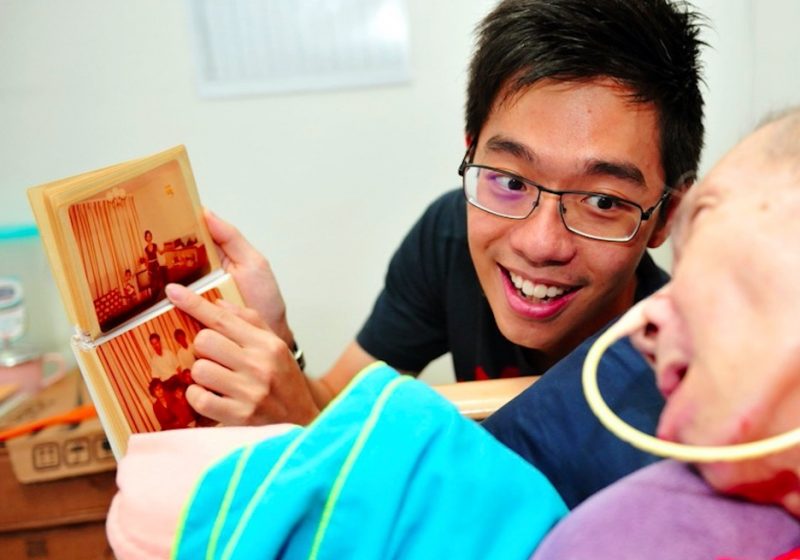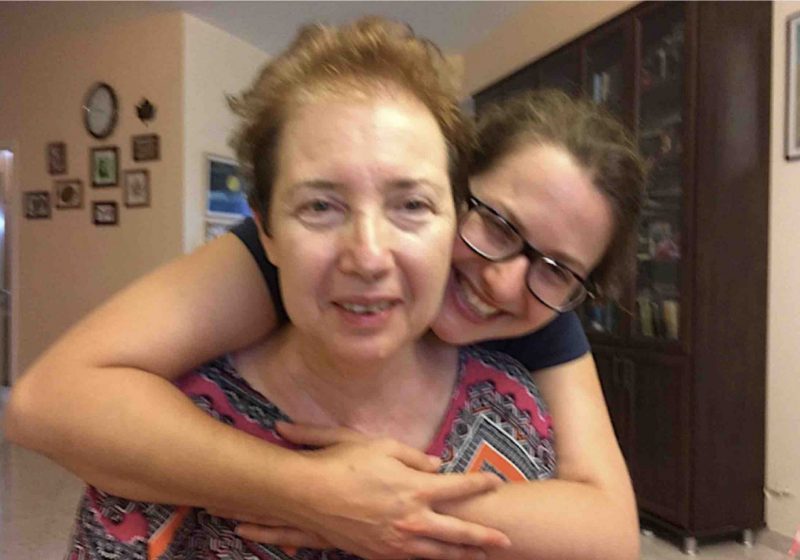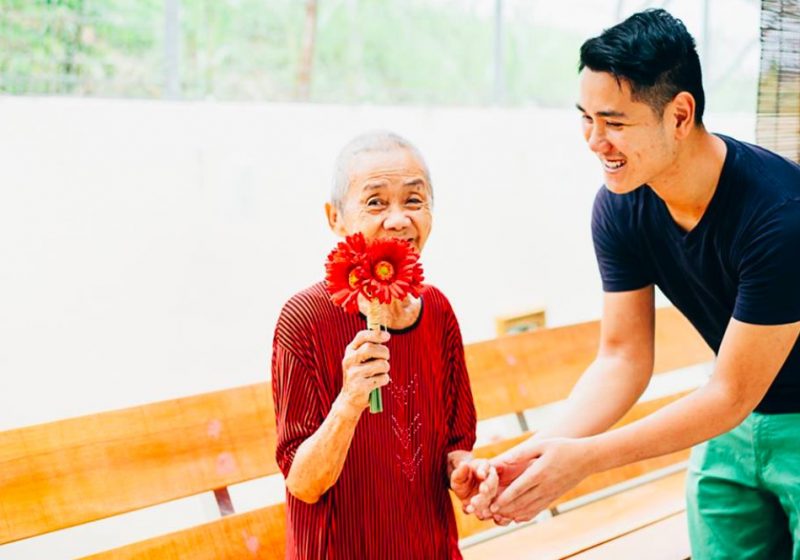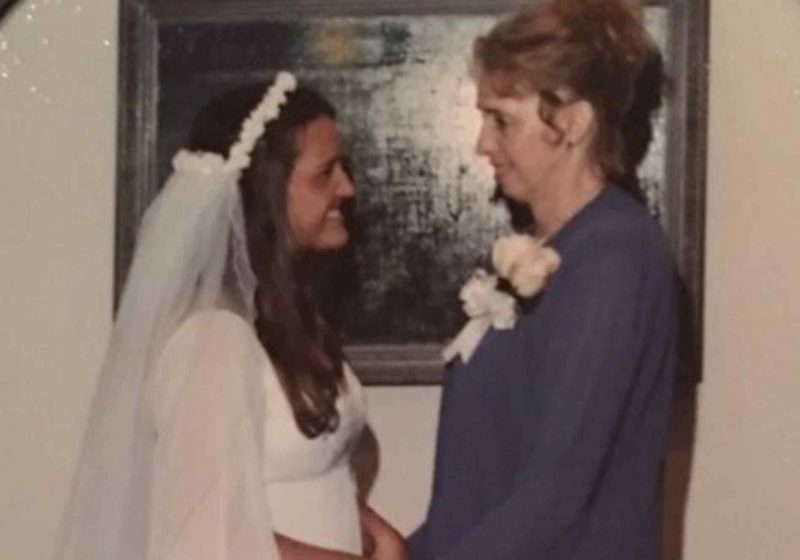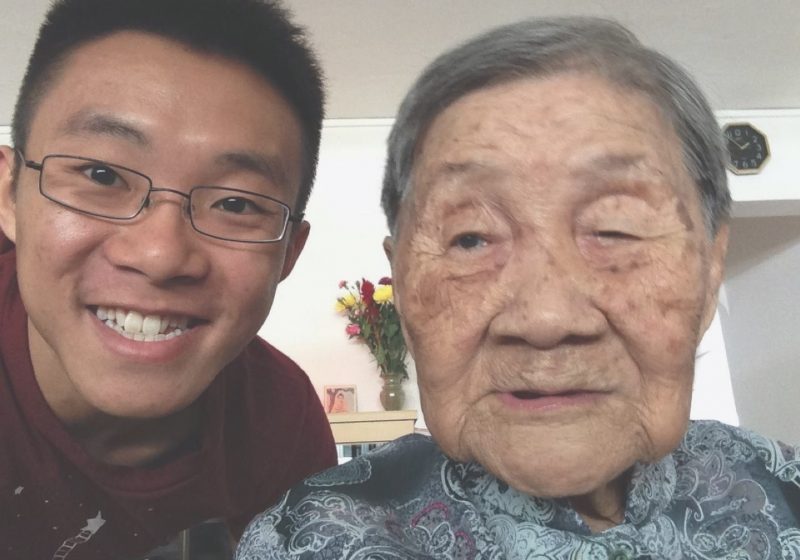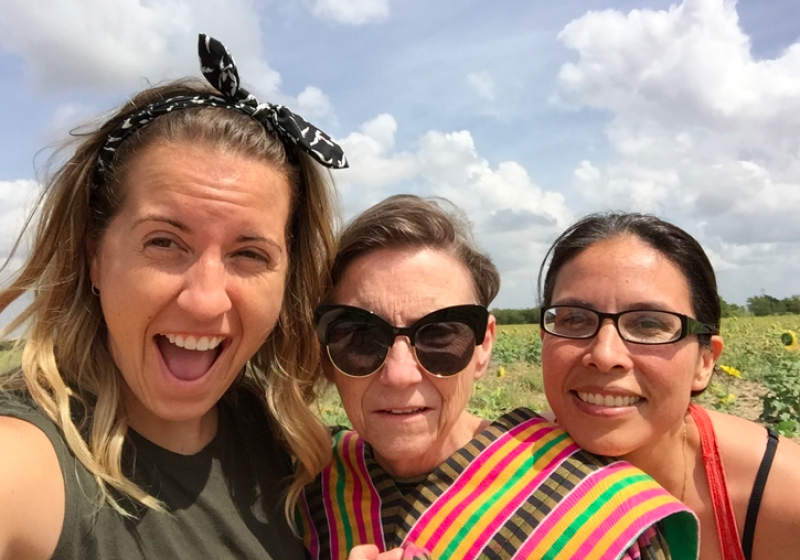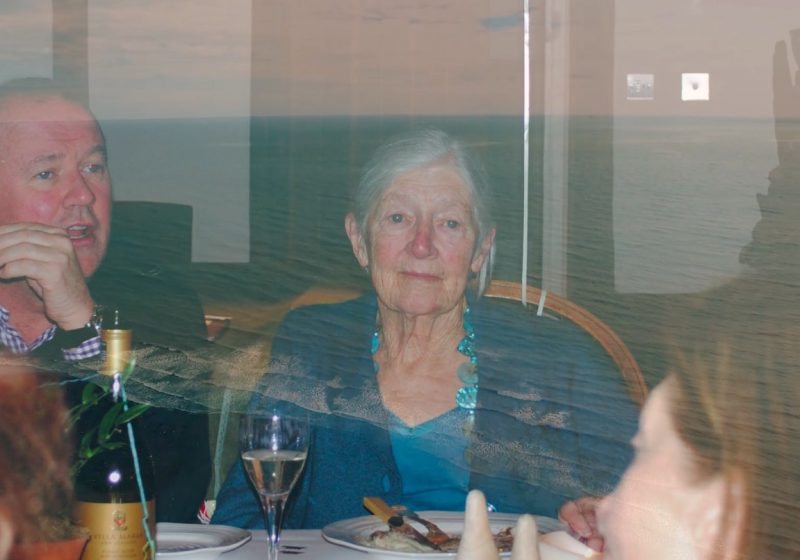With all the education on dementia, it is also easy for a lot of people to jump the gun and assume that their loved ones have dementia when it could be delirium brought about by infections or depression. Here are some tips for caregivers to take the first step in starting a conversation with their General Practitioner (GP).
By Joanna Sun

We may notice our parents, spouse or partner having difficulties carrying out everyday tasks like putting together a cup of Milo, or they may be struggling with working out payment and change at a coffee shop or supermarket. It has happened more than once, and we cannot stop thinking about it.
Things are a bit different, and we may not be able to put the finger on it, but we know that there is something different. We think it might be dementia, we’re not sure.
For a lot of us, we are always quick to get on our smartphones and laptops tapping on google and searching out answers to our questions. When it comes to caring for a loved one with memory loss, it’s hard to find a black and white solution to our questions and sometimes it’s hard to know where to go. The web is filled with a multitude of advice from a sea of resources for caregivers. What do we start and where do we even begin?
With all the education on dementia, it is also easy for a lot of people to jump the gun and assume that their loved ones have dementia when it could be delirium brought about infections or depression.
It is important to seek proper medical advice by speaking to a health professional and not self-diagnose our parents via google.
When we feel unwell, the first port of call is our neighbourhood General Practitioner (GP). For some of us who are unsure, and may have a good, trusted relationship with our GP this may be a good avenue to gather some quality and valuable advice face to face from a professional medical practitioner.
You may wish to make an appointment with your GP to get the right information. If you have a relative or a person caring for your parent or spouse who has observed and is able to describe to the GP some of the signs and symptoms, they may wish to come along and help to not only provide support but help to recall what was mentioned during the appointment.
Before going for an appointment, it’s always good to be prepared with a list of questions. Seeing the doctor can be an anxious experience, bring a notepad with you if you would like to take notes to help you keep a record of the conversation.
IMG: tips-when-talking-to-your-gp
Describe your experience and listen to your GP’s feedback for clarity
Discussing with your GP may clarify your suspicion and the next collaborative steps that you could take to help your loved ones seek out a diagnosis.
Key areas to discuss would be the referral process, services and treatment options.
Ask about making an appointment for your loved one to see the GP
Getting your loved one to see a GP may not be an easy task, working together with the GP to find out steps that you could take may help enable and encourage the person who may have dementia to visit your GP for an assessment.
If there is time, check with your GP about where you may be able to obtain additional information that may be valuable to you in your country. In the event that a referral is required, understand the necessary steps that the family has to take and what are the appointments required. In addition, what are services and treatment options available in your country for both your loved one with dementia and support for yourself and your family as well.
Have you had a similar experience ? Are there any questions you feel might help you gain better understanding when speaking to a GP ? Share your thoughts below.


